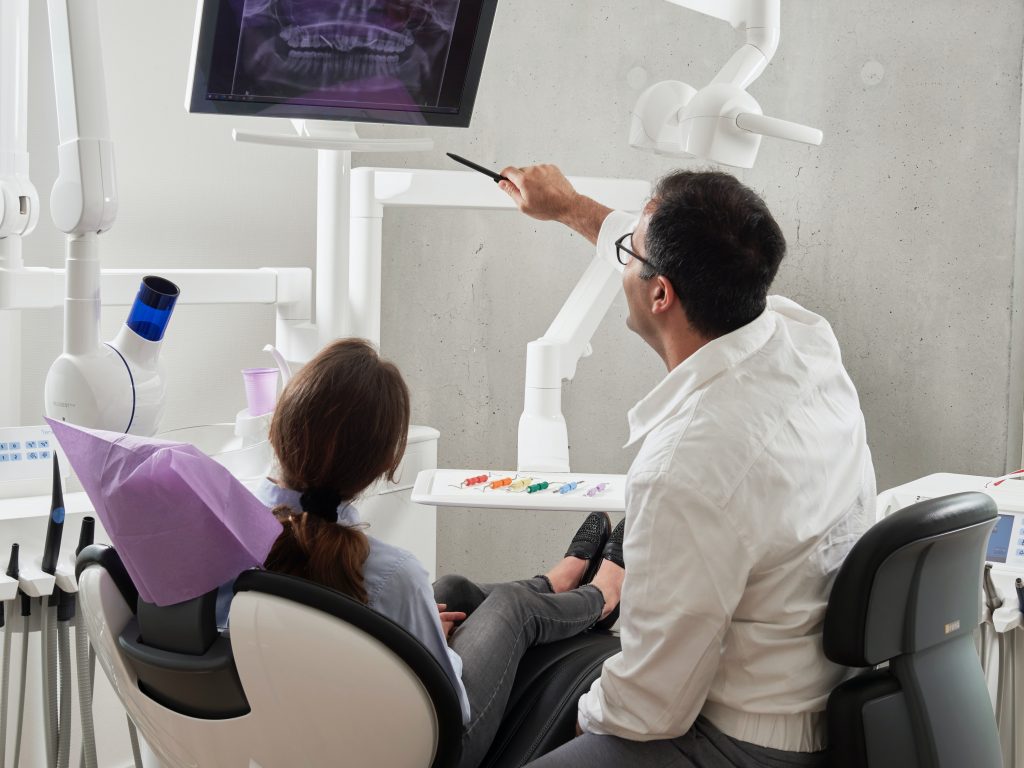So you have had the surgery done and are now going home with a newly fitted oral implant or implants. Great stuff!
This surgery will allow you to in the next 3 to 6 months have a prosthetic tooth or teeth attached and will close the gap visible in your mouth. It will allow you to reduce the chance of gum disease, while also providing a stable way for you to bite into and chew food.
However, it is an unfortunate fact that there is still a slight chance that something could go wrong with your newly fitted oral implant. And as such, you need to be aware of the signs to look out for. In this article, you’ll be introduced to 5 signs that there is an underlying issue with your implant that you need to bring to the attention of your dental team as soon as possible.
Discomfort

It may sound strange to state that having discomfort after surgery is abnormal. When you have had a dental implant Melbourne fitted, you should expect to be in a slight level of discomfort for at least a few days afterwards. Many people who have had oral implants fitted have compared this discomfort to that of having a tooth extracted. However, if the discomfort goes on past this or gets worse, this is a sign that there may be an underlying infection with the oral implant, which will need to be assessed immediately by your dental team.
Swelling
Once again, swelling post-surgery is not uncommon and should not immediately raise red flags. However, if the swelling starts to increase in size rather than decrease and becomes a blue or purple colour, or even looks redder, then you need to book yourself an appointment to visit your dentist. Once again, this could indicate an infection or it could be an extremely rare reaction to the titanium. The reason titanium is used in oral implants is that it is biologically inert. But there are still cases where people are allergic to it.
Bleeding
Bleeding excessively can be a sign of infection and if you notice that there is excessive blood coming from your mouth after you have had an implant fitted, then this needs to be explored by your dentist. It could be a simple case of having a few more stitches placed around the oral implant site.
Movement
Even straight after they are fitted, your oral implants should not be moving. To keep them stable for the next few weeks post-fitting, you will need to prevent biting into hard foods with your oral implant, as this can cause it to move slightly and fuse at an odd angle. However, if you can visually see in the mirror that your implant is moving, you need to contact your dentist to have this explored and resolved as soon as possible.
Headaches
This usually only applies if there are implants inserted into your upper jaw. If you have persistent headaches at the front of your head after you have had an oral implant fitted, then it may be possible that the dental team have accidentally punctured your sinuses and this will need to be resolved to alleviate the headaches and provide a more secure base for the implant.
DISCLAIMER
Any surgical or invasive procedure carries risks. Before proceeding you should seek a second opinion from an appropriately qualified health practitioner.
